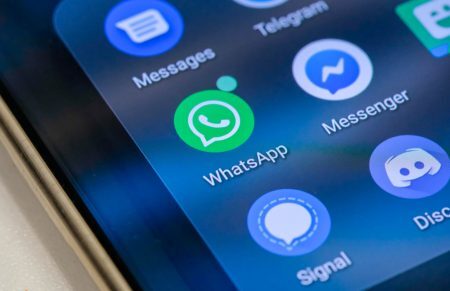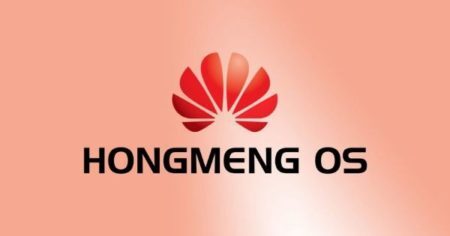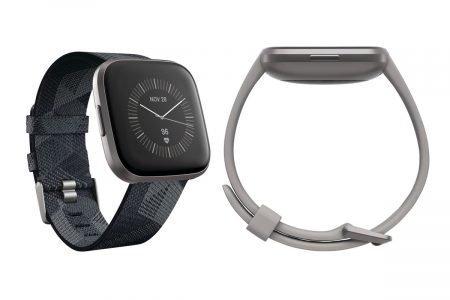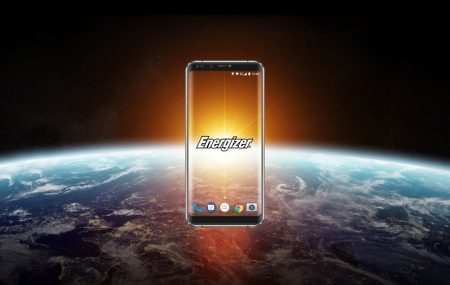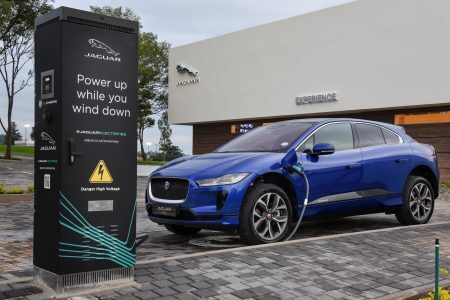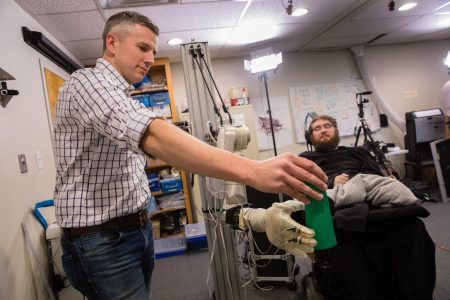Facebook has faced increasing scrutiny from the public and regulators because of digital privacy, and wants to rebrand its other apps: Instagram and WhatsApp.
Search Results: google (2549)
Even though Huawei has fought through a rough couple of months, the company is set on releasing its own (OS), codenamed HongMeng, into the world.
If you thought last week’s ransomware attack on City Power sounded like a movie script, it’s because that kind of scary possibility has been fictional fodder for years. Films have long proposed the idea of hackers taking over a computer network for their own nefarious ends.
Fitbit’s Versa smartwatch/fitness tracker impressed us right out of the gate, though we were less taken with the sequel. The next entry in the franchise promises to do better, though, as Fitbit’s next Versa has leaked online. The highlight? A new AMOLED display, some design changes, and support for Amazon’s Alexa. Looks like we might have to get that Echo tech after all.
Player Unknown’s Battlegrounds Mobile (PUBG Mobile) players in Africa will now get a dedicated server for the game locally.
Energizer mobile phones have landed in South Africa. Which means that our smartphone (and feature phone) battery woes will be gone, kinda.
We talk to Jaguar South Africa’s Izak Louw and Brian Hastie about the present state of electric vehicles in South Africa, and what the future might look like.
During hearings into Facebook’s new Libra cryptocurrency, she grilled David Marcus, the head of its Calibra wallet, which is how its users will interact with Libra. “So, we are discussing a currency controlled by an undemocratically selected coalition of largely massive corporations. Do you believe currency is a public good?”
In many ways, advanced technology is inherently complicated: If users want devices that can do incredible things, they need to deal with the complexity required to deliver those services. But the interfaces designers create often make it difficult to manage that complexity well, which confuses and frustrates users, and may even drive some to give up in despair of ever getting the darn things to work right.
Elon Musk grabbed a lot of attention with his July 16 announcement that his company Neuralink plans to implant electrodes into the brains of people with paralysis by next year. Their first goal is to create assistive technology to help people who can’t move or are unable to communicate.

